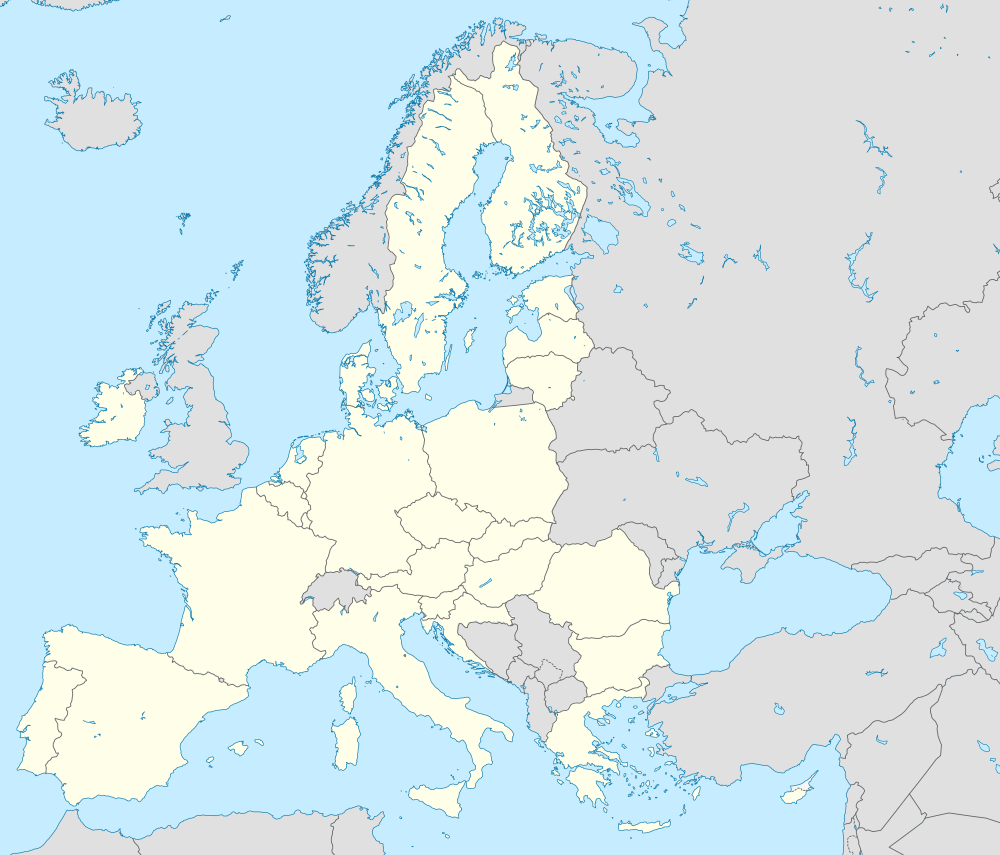
The international E-road network is a numbering system for roads in Europe developed by the United Nations Economic Commission for Europe (UNECE). The network is numbered from E1 up and its roads cross national borders. It also reaches Central Asian countries like Kyrgyzstan, since they are members of the UNECE.

Cluj-Napoca, or simply Cluj, is the second-most populous city in Romania and the seat of Cluj County in the northwestern part of the country. Geographically, it is roughly equidistant from Bucharest, Budapest and Belgrade. Located in the Someșul Mic river valley, the city is considered the unofficial capital of the historical province of Transylvania. For some decades prior to the Austro-Hungarian Compromise of 1867, it was the official capital of the Grand Principality of Transylvania.

The European Youth Parliament is a politically unbound non-profit organisation, which encourages European youth to actively engage in citizenship and cultural understanding. It annually involves around 25,000 youth from across Europe in its events and has around 6,000 active members in the different countries. It was established in 1987 in Fontainebleau, France.

A European Capital of Culture is a city designated by the European Union (EU) for a period of one calendar year during which it organises a series of cultural events with a strong pan-European dimension. Being a European Capital of Culture can be an opportunity for a city to generate considerable cultural, social, and economic benefits, and it can help foster urban regeneration, change the city's image, and raise its visibility and profile on an international scale. Multiple cities can be a European Capital of Culture simultaneously.

Eastern European Time (EET) is one of the names of UTC+02:00 time zone, 2 hours ahead of Coordinated Universal Time. The zone uses daylight saving time, so that it uses UTC+03:00 during the summer.

UTC+02:00 is an identifier for a time offset from UTC of +02:00. In ISO 8601, the associated time would be written as 2020-11-08T23:41:45+02:00.
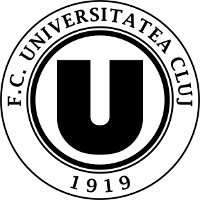
U-Banca Transilvania Cluj-Napoca, commonly known as U-BT Cluj-Napoca, is a professional basketball club based in Cluj-Napoca, Romania that competes domestically in the Liga Națională de Baschet and internationally in the EuroCup. Like other teams that were initially part of the Universitatea Cluj multi sports club, the basketball team keeps the letter U in its name. The main sponsor of the team is the locally based banking institution Banca Transilvania. The team colors are black and white. U-BT Cluj-Napoca plays its home games at the BTarena, which accommodates 10,000 spectators, or in Horia Demian Sports Hall with a capacity of 2,525 spectators.
The history of Cluj-Napoca covers the time from the Roman conquest of Dacia, when a Roman settlement named Napoca existed on the location of the later city, through the founding of Cluj and its flourishing as the main cultural and religious center in the historical province of Transylvania, until its modern existence as a city, the seat of Cluj County in north-western Romania.

Gábor Tompa is an internationally renowned Hungarian theater and film director, poet, essayist and teacher. Between 2007 and 2016 he was the Head of Directing at the Theatre and Dance Department of the University of California, San Diego. He is the general and artistic director of the Hungarian Theatre of Cluj since 1990, the theatre is member of the Union of the Theatres of Europe (UTE) since 2008. Founder and artistic director of the Interferences International Theatre Festival in Cluj, Romania. President of the Union of the Theatres of Europe since 2018.
The University Network of the European Capitals of Culture(UNeECC), an international non-profit association, was founded upon the initiative of the University of Pécs in Pécs, Hungary in December 2006 by 15 founding members.
Edward Clug is a choreographer in the field of contemporary ballet born in Romania
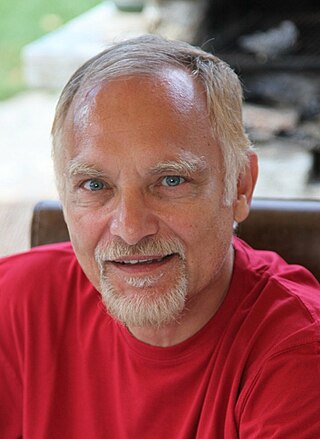
Virgil Mihaiu is a Romanian writer, jazz critic, diplomat, jazz aesthetics professor, polyglot, and performer. He was co-founder and the first director of the Romanian Cultural Institute in Lisbon, and served as minister-counselor at the Romanian embassy in Portugal. Since 2015 he is director of the Casa do Brasil / Brazilian Cultural Centre, as well as the Biblioteca de Estudios Latinoamericanos, both institutions functioning under the aegis of Cluj's principal University.

The Transeuropa Festival is a bi-annual festival of culture, arts and politics held in different European cities since 2010. It includes discussions, presentations and workshops concerning transnational issues.
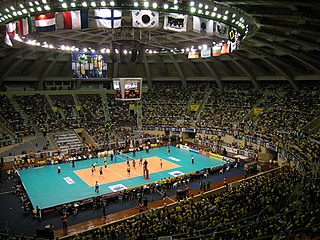
The 2015 FIVB Volleyball World League was the 26th edition of the annual men's international volleyball tournament, played from 16 May to 19 July 2015. The tournament featured a record 32 participating countries from 5 confederations. The teams were divided into 3 groups and 8 pools. The Group 1 Final Round which served as the volleyball test event of the 2016 Summer Olympics was held in Rio de Janeiro, Brazil.
Dubravka Lakić is a Serbian film critic who has been writing for the Politika daily newspaper since 1989. She is a member of the European Film Academy (EFA), a member of the Executive Board of the Federation of Film Critics of Europe and the Mediterranean (FEDEORA), a member of the International Federation of Film Critics (FIPRESCI), a selector of the international program of the Cinema City IFF in Novi Sad, a member of the Board of the Belgrade documentary film festival Beldocs and a member of the Board of the Serbian Film Center.

Grimaze is a Bulgarian metal band from Sofia. The band consists of vocalists Georgi Ivanov and Pavel Krumov, guitarist Melina Krumova and bassist Philip Kolarov.
Bjørn Brinck-Claussen was a Danish chess International Master (IM) (1986), three-times Danish Chess Championship winner, Chess Olympiad individual silver medal winner (1962).
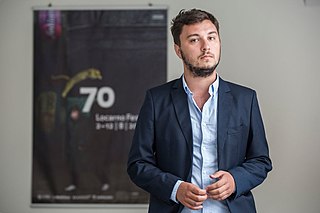
Octav Chelaru is a Romanian film director and screenwriter. He wrote and directed the short films Black Clothes (2017) and The Parallel State (2020) which both premiered in Pardi di Domani at Locarno Festival. In 2021, he wrote and directed the feature film A Higher Law.

